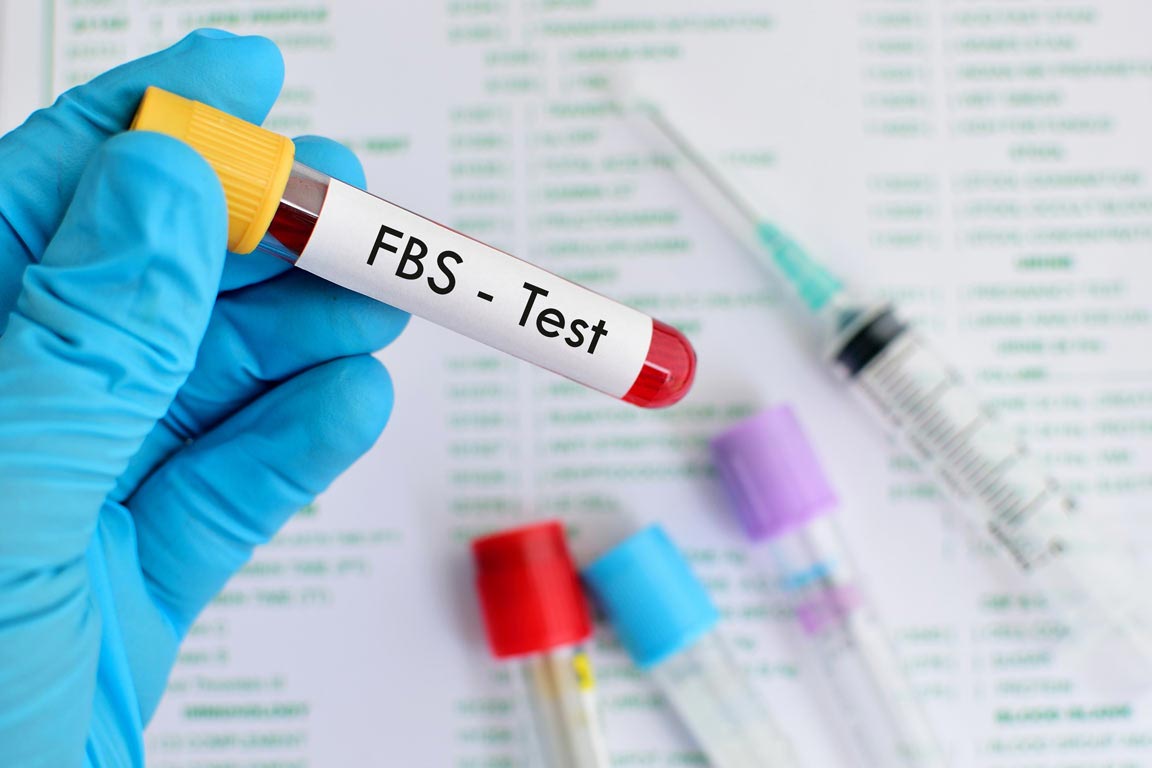Biotin Can Help Treat Diabetes

Type-2 diabetes is increasing around the world, and is difficult to control. Despite many pharmaceutical treatment options, achieving and maintaining blood sugar levels is especially challenging for obese patients, probably because they are more insulin resistant.40
Specific Biotin Benefits for Diabetics
Efforts to improve current therapies have led to dietary supplementation with chromium for its beneficial effects on blood sugar levels. Recent research also shows that biotin, which evidence suggests is often at reduced levels in type-2 diabetics, may also play an important role in disease management for diabetics. Biotin not only improves fasting blood sugar levels, it also enhances chromium's glucose lowering effects and can help reduce the increased risk of heart disease associated with diabetes.40
In addition, preliminary studies suggest that biotin may help decrease the often-painful symptoms of diabetic neuropathy in the hands and feet. Treatments included intramuscular injections and oral administration of biotin.1
How Does Biotin Work in Diabetes?
Biotin activates certain enzymes called carboxylases that are integral to functions related to sugar metabolism and the release of insulin. In addition to biotin's carboxylase activities, it also regulates and stimulates expression of genes important to maintaining glycemic control and levels of so-called bad cholesterol - triglycerides and very low density lipoproteins (LDLs). Along with chromium, research has shown that biotin is actually essential to regulating metabolism of carbohydrates, and in fact may help diabetics control blood sugar levels.4, 7, 40
Clinical Trial Evidence of Biotin's Benefit in Type-2 Diabetes
A recent 90-day, large, double-blind clinical trial involving 447 type-2 diabetic participants demonstrated that a combination of chromium picolinate and biotin significantly reduced both glycated hemoglobin Hba(1c) and fasting glucose levels, with no adverse side effects. This larger trial corroborated results of a smaller randomized, controlled study involving similar patients in 2006. All study participants had poorly controlled blood sugar levels, as defined by Hba(1c) levels of 7.0% or above (6.0% is considered to be normal).40-42
HbA(1c) test results reflect blood glucose levels over a period of 2-3 months, and higher numbers indicate poor glucose control for weeks. This increases the risk of diabetic complications, including heart and kidney disease, nerve damage, and vision loss. All the study subjects also had the additional health risks associated with being overweight and/or obese.42
The 447 participants were randomly assigned to a treatment or a look-alike placebo group. The treatment group received 600 µg chromium picolinate with 2 mg biotin a day. Both groups continued with oral anti-diabetic medications. All of the treatment group subjects who took chromium picolinate, biotin, and anti-diabetic drugs reduced fasting blood sugar levels, while the placebo/anti-diabetic drug control subjects experienced an increase in fasting glucose. The treatment group also had significantly better HbA(1c) reductions than the control group - especially those whose baseline HbA(1c) had been 10% or more. Biotin and chromium picolinate exerted greater effects on fasting blood glucose in this sub-group of study participants.40
Healthier cholesterol ratios may be an added benefit of chromium picolinate and biotin supplementation for diabetics. Results of this large clinical trial showed that the biotin/chromium picolinate treated test group had significant improvements in cholesterol levels , which may also be an indicator of insulin resistance status. Lower cholesterol levels reduce the risk of heart disease.40


